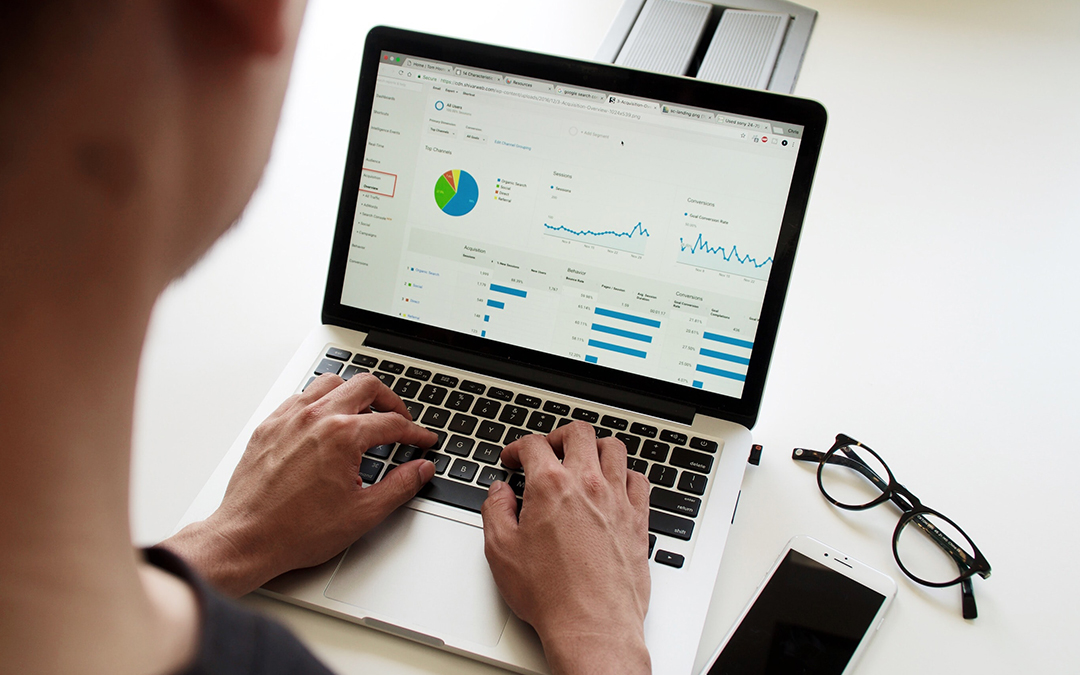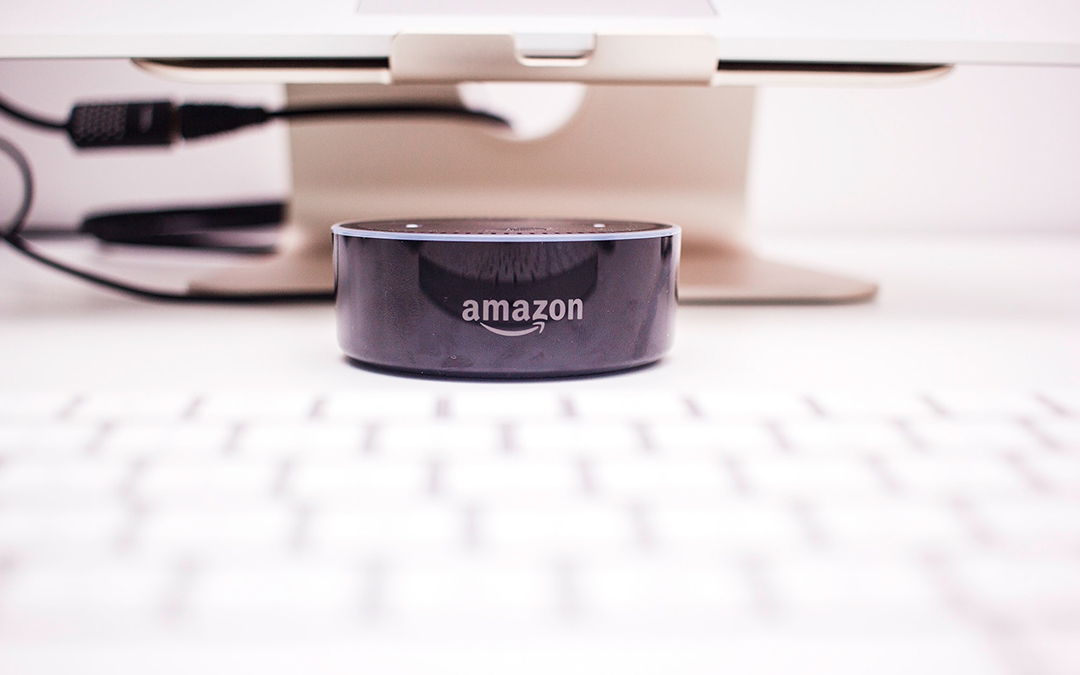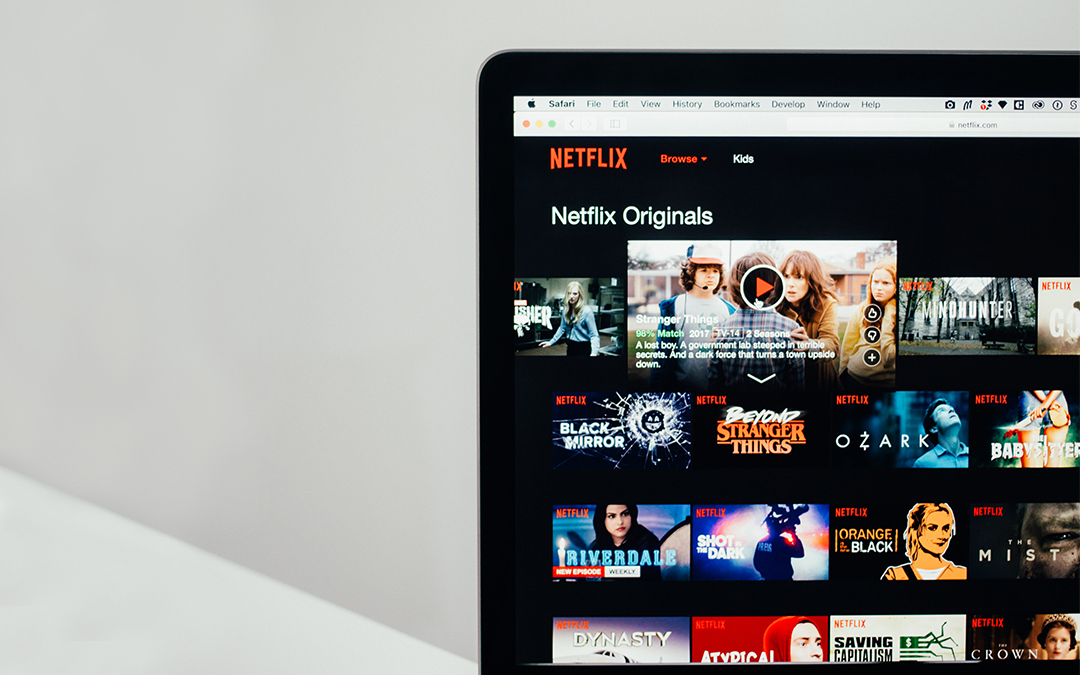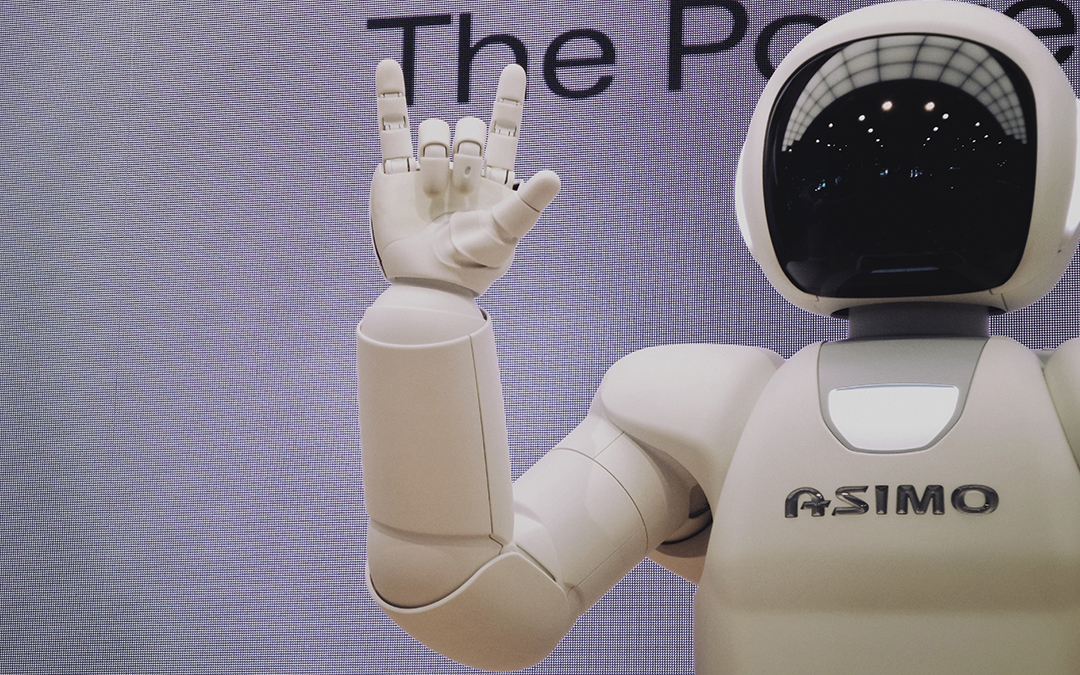““We have no future because our present is too volatile. We have only risk management. The spinning of the given moment’s scenarios. Pattern recognition.”
~ William Gibson (“cyberpunk” and speculative fiction writer)
Curves ahead. Remain alert
I think a lot about the future, relishing the idea that it holds so many possibilities for making our lives better as they get more complex and fragmented.
The same goes for today’s advertising landscape, which is increasingly full of twists and turns. Some of these turns hold exciting possibilities, including the application of artificial intelligence, machine learning, and deep learning.
Data everywhere
Marketing has become a science, based on data being gathered about us all. Enormous amounts of data. Way too much to comprehend.
Thankfully, machine learning can parse huge amounts of data to determine patterns that humans would not have the cognitive ability to isolate; to take that information and provide it to humans in a way that helps them make actionable decisions.

Not too much info … better info
According to a recent MarTech Today article, “deep learning” is the next stage of machine learning, where artificial neural networks aim to imitate the human brain’s response to data.
At that point, marketers will get an even better glimpse into the audience psyche and be able to provide a more logical path to audience interaction and engagement.
People are busier than ever, so the convenience of a highly focused message is a true time-saver. When people say they “hate advertising,” what most of them really mean is that they hate intrusive, irrelevant advertising.
When people receive information on a product that they actually want, within a well-crafted experience, it doesn’t feel like advertising, it just feels like information.

Intelligence all around us
There are different kinds of artificial intelligence. One form we see taking shape around us is the infusion of intelligence into existing products and processes.
All this added intelligence has the potential to make our lives easier. We’ve already seen this with the proliferation of many “smart” devices already available. But Alexa is just the tip of the iceberg. Soon your refrigerator will inventory the food within – how fresh it is and how much is left – and automatically add items to the shopping list on your smartphone.
Or a smart washing machine that can alter its cycles based on the specific needs of the clothing within it. Or a pair of smart shoes that can not only let the owner know when they are wearing thin but also transmit data directly to your podiatrist. Over the next ten years, the biggest shift in consumer goods will involve the interjection of this type of intelligence into everyday products.
Suggestions Welcome
This shift will also, and is also, occurring with regard to non-tangible services and processes. We can see this already with suggestion engines like Amazon’s recommendations or video streaming services learning from your viewing habits and modifying themselves to better showcase content you are most likely to enjoy.

We will start to see suggestion engines like these in more and more aspects of our lives. Soon an engine like this will tell you what cars you would most like own, given its knowledge of your vehicle history. Or a service that keeps track of every piece of clothing you wear and your satisfaction with them to clue you in on particular styles you are most likely to enjoy.
Advertising Shift
What does this mean for advertisers? With the addition of artificial intelligence to industry processes such as targeting, optimization, attribution, and data visualization, advertisers will be able to make far smarter and more effective decisions than ever before.
We are really just at the beginning of this massive paradigm shift. We will continue to benefit from the mountains of data provided to us through the magic of AI. We will continue to refine and reconfigure our strategies based on our use of these amazing new tools and capabilities.
So bring it on. We welcome AI in all its forms, present and future. It has the power to help us to be more considerate of the consumer’s time and, in turn, greatly improve the chances of benefiting consumers while at the same time, meeting our own marketing and business objectives.









